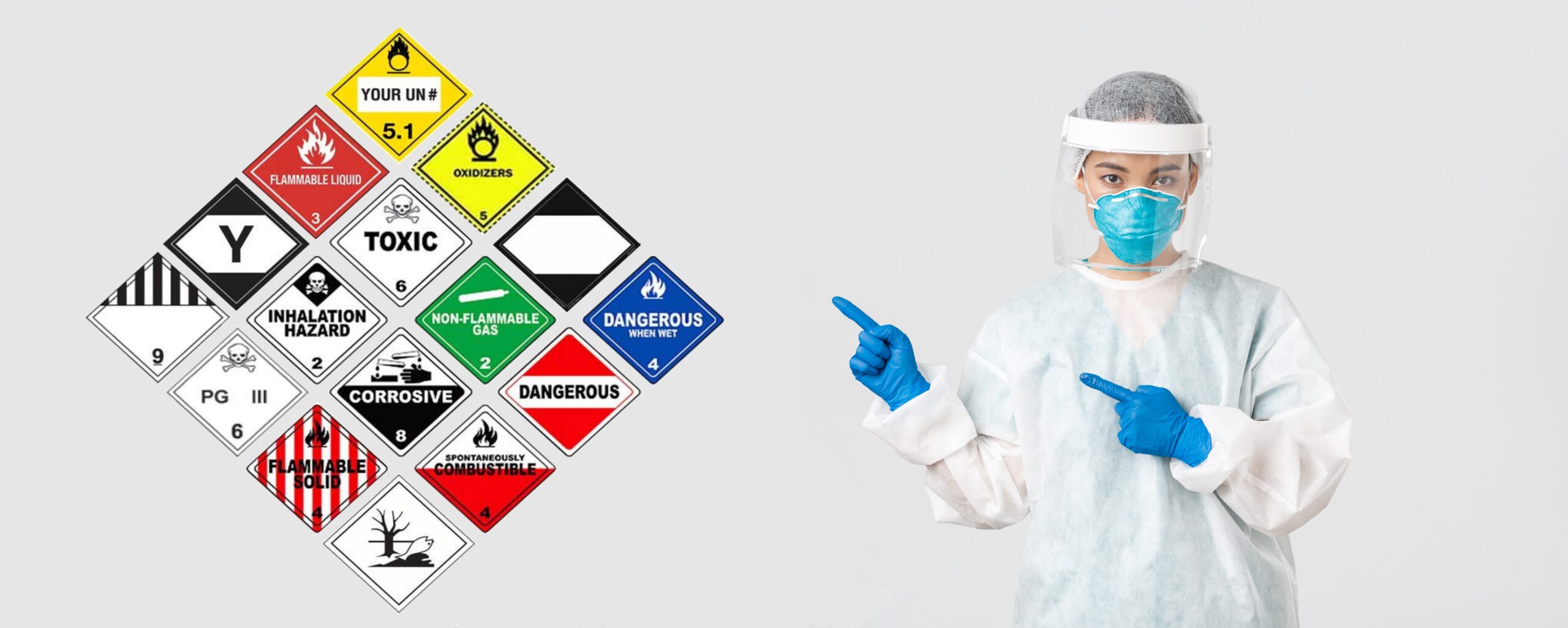Safety First: Best Practices for Handling Research Chemicals
Handling research chemicals requires a meticulous approach to ensure the safety of researchers and the integrity of scientific investigations. At XPRESS CHEMS, we emphasize the importance of adhering to strict safety protocols when working with these compounds. Below are best practices to guide researchers in maintaining a safe laboratory environment:
1. Understand the Hazards:
Before using any research chemical, it is crucial to thoroughly understand its properties and potential hazards. Review the Safety Data Sheet (SDS) provided with each compound, which contains essential information on toxicity, flammability, reactivity, and environmental impact.
2. Use Personal Protective Equipment (PPE):
Always wear appropriate PPE when handling research chemicals. This includes lab coats, gloves, safety goggles, and, when necessary, face shields and respirators. Ensure that the PPE is suitable for the specific chemicals being used and check for any damage before each use.
3. Maintain Proper Ventilation:
Conduct experiments involving volatile or hazardous chemicals in a well-ventilated area, preferably within a chemical fume hood. Proper ventilation minimizes the risk of inhalation exposure and ensures a safer working environment.
4. Follow Proper Storage Guidelines:
Store research chemicals according to their specific requirements. Segregate incompatible substances, label containers clearly, and ensure that storage areas are secure and temperature-controlled. Regularly inspect storage conditions and chemical inventory to prevent leaks and contamination.
5. Implement Safe Handling Procedures:
Adopt standardized protocols for the handling and transfer of chemicals. Use appropriate tools such as pipettes, tongs, and spill containment trays to minimize direct contact. Avoid eating, drinking, or using electronic devices in the laboratory to reduce the risk of contamination.
6. Prepare for Emergencies:
Have an emergency plan in place, including access to eyewash stations, safety showers, fire extinguishers, and spill kits. Familiarize yourself with emergency procedures and ensure that all laboratory personnel are trained to respond to chemical spills and exposures effectively.
7. Dispose of Waste Properly:
Dispose of chemical waste in accordance with local regulations and institutional guidelines. Use designated waste containers, label them accurately, and arrange for regular disposal by authorized waste management services.
8. Keep Accurate Records:
Maintain detailed records of chemical usage, storage, and disposal. Document any incidents or accidents, and review safety practices regularly to identify areas for improvement.
XPRESS CHEMS: Your Safety Partner:
At XPRESS CHEMS, we are committed to providing our clients with not only high-quality research chemicals but also the guidance needed to handle them safely. Our products come with comprehensive safety documentation and expert support to ensure you have the resources necessary to conduct your research responsibly.
By prioritizing safety, researchers can focus on their scientific pursuits with confidence, knowing they are minimizing risks and protecting both themselves and their colleagues. For more safety tips or product information, please reach out to our support team.

